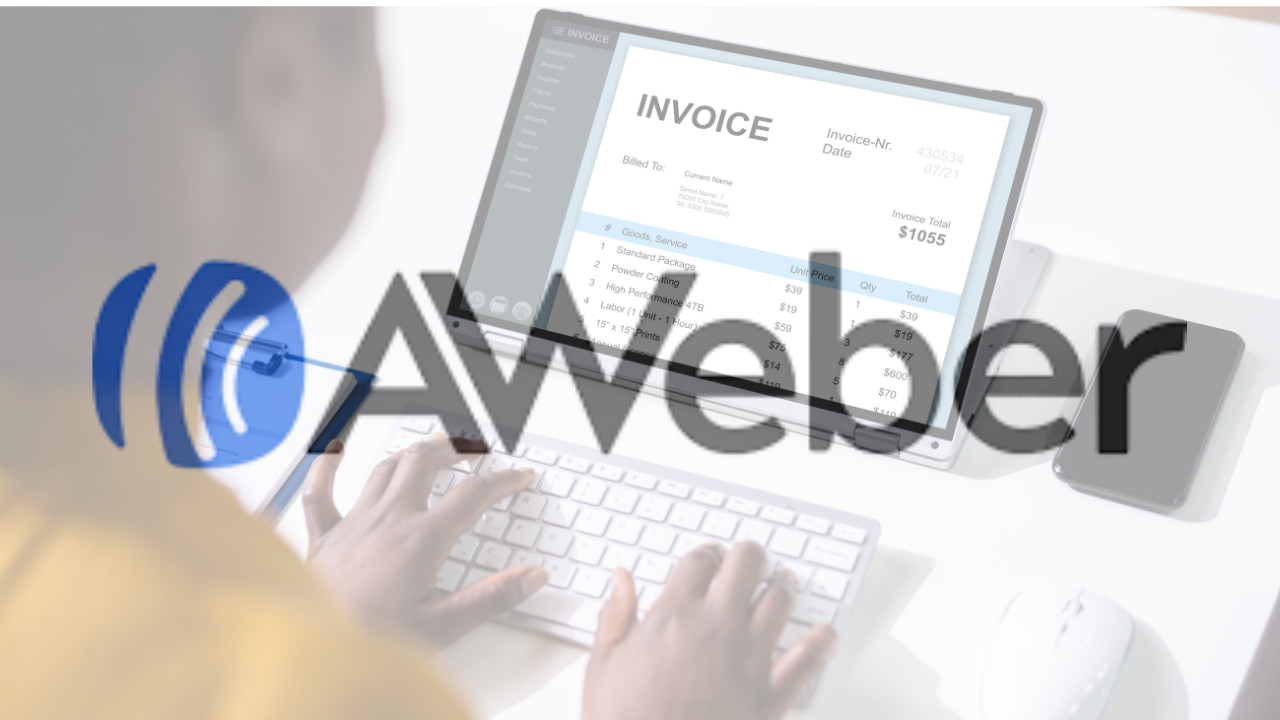Outsourcing Network Operations Center (NOC) services has become a common practice for businesses looking to streamline their operations and focus on core competencies. However, the success of outsourcing largely depends on the Service Level Agreements (SLAs) established between the business and the service provider. Effective SLAs ensure that both parties are aligned in terms of expectations, performance, and responsibilities. Here’s what businesses should consider when drafting SLAs for outsourcing NOC services.
Before diving into the specifics, it's essential to understand the role of SLAs in outsourcing NOC services. SLAs serve as a contractual agreement between the business and the service provider, outlining the expected level of service, performance metrics, and responsibilities of each party.
Importance of Drafting SLAs Effectively
Drafting SLAs effectively is crucial for the success of outsourcing arrangements. Clear and comprehensive SLAs help mitigate risks, ensure accountability, and foster a mutually beneficial relationship between the business and the service provider.
Understanding the Needs and Objectives
Before drafting SLAs, businesses must clearly define their needs and objectives. This involves identifying specific requirements, such as network monitoring, troubleshooting, and incident management, and aligning them with business goals.
Defining Specific Requirements
Businesses should articulate their exact requirements, including the scope of services, response times, and resolution procedures. This clarity helps prevent misunderstandings and ensures that both parties are on the same page.
Identifying Key Performance Indicators (KPIs)
To measure the effectiveness of NOC services, businesses should establish Key Performance Indicators (KPIs). These metrics can include network uptime, response times, resolution rates, and customer satisfaction scores.
Setting Realistic Expectations
It's important to set realistic expectations when drafting SLAs for outsourcing NOC services. Businesses should assess the capabilities and limitations of the service provider and establish achievable targets.
Assessing Capabilities and Limitations
Before finalizing SLAs, businesses should conduct a thorough assessment of the service provider's infrastructure, resources, and expertise. This evaluation helps ensure that the provider can meet the business's requirements.
Establishing Measurable Targets
SLAs should include measurable targets that both parties can track and evaluate. These targets should be realistic and aligned with the business's objectives, allowing for meaningful performance assessment.
Clear Communication Channels
Effective communication is essential for successful outsourcing relationships. SLAs should outline clear communication channels for reporting incidents, requesting support, and providing updates.
Regular Updates and Reporting
The SLA should specify the frequency and format of status updates and performance reports. Regular communication helps maintain transparency and allows for timely intervention when issues arise.
Addressing Concerns and Feedback
Businesses should ensure that the SLA includes provisions for addressing concerns and providing feedback. This ensures that any issues or discrepancies can be promptly addressed and resolved.
Flexibility and Scalability
Business needs evolve over time, and SLAs should be flexible enough to accommodate changes. Providers should be able to scale their services up or down based on the business's requirements.
Adapting to Changing Business Needs
SLAs should include provisions for adjusting services and resources to meet changing business needs. This flexibility ensures that the outsourcing arrangement remains relevant and beneficial.
Planning for Growth and Expansion
Businesses should consider their long-term growth plans when drafting SLAs. Providers should be able to scale their services to support business expansion and accommodate increased demand.
Risk Management and Contingency Planning
Outsourcing NOC services introduces potential risks, such as service disruptions or security breaches. SLAs should include provisions for identifying and mitigating these risks.
Identifying Potential Risks
Businesses should collaborate with the service provider to identify potential risks and vulnerabilities. This proactive approach allows for the implementation of appropriate risk mitigation strategies.
Implementing Mitigation Strategies
SLAs should outline contingency plans and disaster recovery procedures in the event of service disruptions or emergencies. This ensures business continuity and minimizes the impact of unforeseen events.
Compliance and Legal Considerations
Outsourcing NOC services may involve handling sensitive data and information. SLAs should address compliance requirements and legal considerations to ensure data protection and regulatory compliance.
Ensuring Adherence to Regulations
Providers should adhere to relevant regulations and industry standards when delivering NOC services. SLAs should specify compliance requirements and outline mechanisms for monitoring and enforcement.
Protecting Sensitive Data
SLAs should include provisions for safeguarding sensitive data and information. This may include data encryption, access controls, and confidentiality agreements to protect against unauthorized access or disclosure.
Performance Monitoring and Evaluation
Continuous monitoring and evaluation are essential for assessing the effectiveness of NOC services. SLAs should include mechanisms for tracking performance and analyzing key metrics.
Tracking SLA Compliance
Businesses should regularly monitor SLA compliance to ensure that the service provider meets its obligations. This may involve performance reviews, audits, and service level reporting.
Analyzing Performance Metrics
SLAs should define specific performance metrics and benchmarks for evaluating service quality. Businesses should analyze these metrics to identify areas for improvement and optimization.
Continuous Improvement Initiatives
SLAs should support a culture of continuous improvement and innovation. Businesses and service providers should collaborate to identify opportunities for enhancing service quality and efficiency.
Seeking Feedback for Improvement
Businesses should solicit feedback from stakeholders and end-users to identify areas for improvement. This feedback can inform strategic decisions and drive continuous improvement initiatives.
Implementing Corrective Actions
SLAs should include provisions for addressing performance issues and implementing corrective actions. This may involve root cause analysis, process optimization, and performance improvement plans.
Vendor Selection and Negotiation
Choosing the right service provider is crucial for the success of outsourcing NOC services. SLAs should be negotiated carefully to ensure that the business's needs and expectations are met.
Evaluating Potential Providers
Businesses should conduct thorough due diligence when selecting a service provider. This includes evaluating the provider's reputation, experience, and track record in delivering NOC services.
Negotiating Terms and Conditions
SLAs should reflect the terms and conditions agreed upon during the negotiation process. Businesses should ensure that the SLA aligns with their priorities and includes provisions for dispute resolution and termination.
Documentation and Transparency
Clear documentation is essential for enforcing SLAs and resolving disputes. SLAs should be documented comprehensively, with clear terms and conditions outlined for both parties.
Documenting SLA Agreements Comprehensively
SLAs should be documented in writing, with clear definitions of terms and responsibilities. Both parties should review and sign the agreement to ensure mutual understanding and commitment.
Ensuring Transparency in Operations
Transparency is key to building trust and maintaining effective partnerships. SLAs should promote transparency in operations, with regular reporting and access to performance data for both parties.
Collaboration and Teamwork
Successful outsourcing relationships are built on collaboration and teamwork. SLAs should foster a collaborative environment where both parties work together to achieve common goals.
Building Strong Partnerships
Businesses and service providers should view each other as strategic partners rather than mere vendors. SLAs should promote collaboration and communication to drive mutual success.
Fostering a Collaborative Environment
SLAs should encourage open communication and collaboration between the business and the service provider. This collaborative approach fosters innovation, problem-solving, and continuous improvement.
Review and Revision Process
SLAs should be reviewed periodically to ensure that they remain relevant and effective. Businesses should establish a process for reviewing and revising SLAs as needed.
Periodic Review of SLA Effectiveness
Businesses should conduct regular reviews of SLA performance to identify areas for improvement. This may involve stakeholder meetings, performance reviews, and customer feedback surveys.
Updating SLAs as Needed
SLAs should be updated periodically to reflect changes in business requirements or service offerings. Both parties should agree on any amendments or revisions to ensure continued alignment.
Conclusion
Drafting effective SLAs is essential for the successful outsourcing of NOC services. Businesses should consider various factors, including their needs and objectives, setting realistic expectations, clear communication, flexibility, risk management, compliance, performance monitoring, continuous improvement, vendor selection, documentation, collaboration, and periodic review. By following these guidelines, businesses can establish mutually beneficial partnerships with service providers and achieve their operational objectives.
More info: Role of Outsourced NOC Services
We think you’ll also like: On-demand IT services








